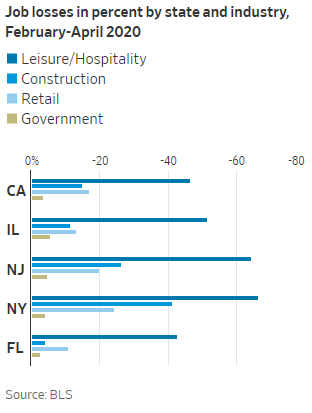In an article about the European Union governance authorities’ effort to use its Wuhan Virus situation to fundamentally transform the bloc, Laurence Norman wrote that the European Commission
set out a $2 trillion coronavirus response plan, including a massive pooling of national financial resources that, if approved, would deepen the bloc’s economic union in a way that even the eurozone debt crisis failed to achieve.
Wednesday’s proposal, composed of a €750 billion ($824 billion) recovery plan and €1.1 trillion budget over the next seven years, aims to lift the region from its economic slump, but must overcome infighting dividing the bloc.
If backed by all 27 member states, the plan would represent a historic step in knitting together national finances across the bloc. The proposal from the European Commission, the EU’s executive arm, follows a similar Franco-German plan set out last week and would establish significant new transfers of wealth among members, funded by commonly issued debt.
In justification of this recasting of European society, German Finance Minister Olaf Scholz was cited by Norman as saying
the proposed assumption of debts across EU borders to Alexander Hamilton’s move in 1790 for the new US government to assume states’ debts from the Revolutionary War. But unlike the US under the Constitution, the EU remains a club of sovereign states, many of which oppose sharing financial burdens.
Missed here is the Critical Item that, before our “new US government,” the US under the Articles of Confederation also was just such a conclave of nations.
Missed by Scholz is the fact that the American States also were, and still are, far more homogeneous—in culture, ideology, views of the purpose of money, views of the role of government in the lives of men collectively and individually—than Europe ever has been or is now.
That homogeneity of political and economic principles is absolutely critical to holding together any sort of polity.

